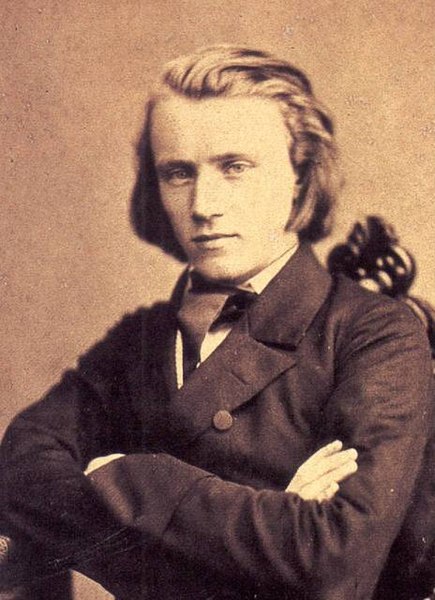Infinite photos and videos for every Wiki article ·
Find something interesting to watch in seconds
Celebrities
Best Campuses
Sports
Famous Castles
Tallest Buildings
Ancient Marvels
Countries of the World
Kings of France
Supercars
World Banknotes
Great Artists
Wonders of Nature
Rare Coins
Orders and Medals
Great Museums
Great Cities
Largest Empires
Crown Jewels
British Monarchs
Largest Palaces
Animals
Richest US Counties
Recovered Treasures
Wars and Battles
History by Country
Presidents
more top lists





